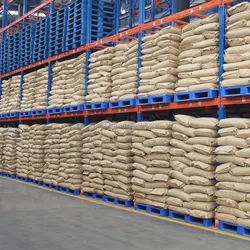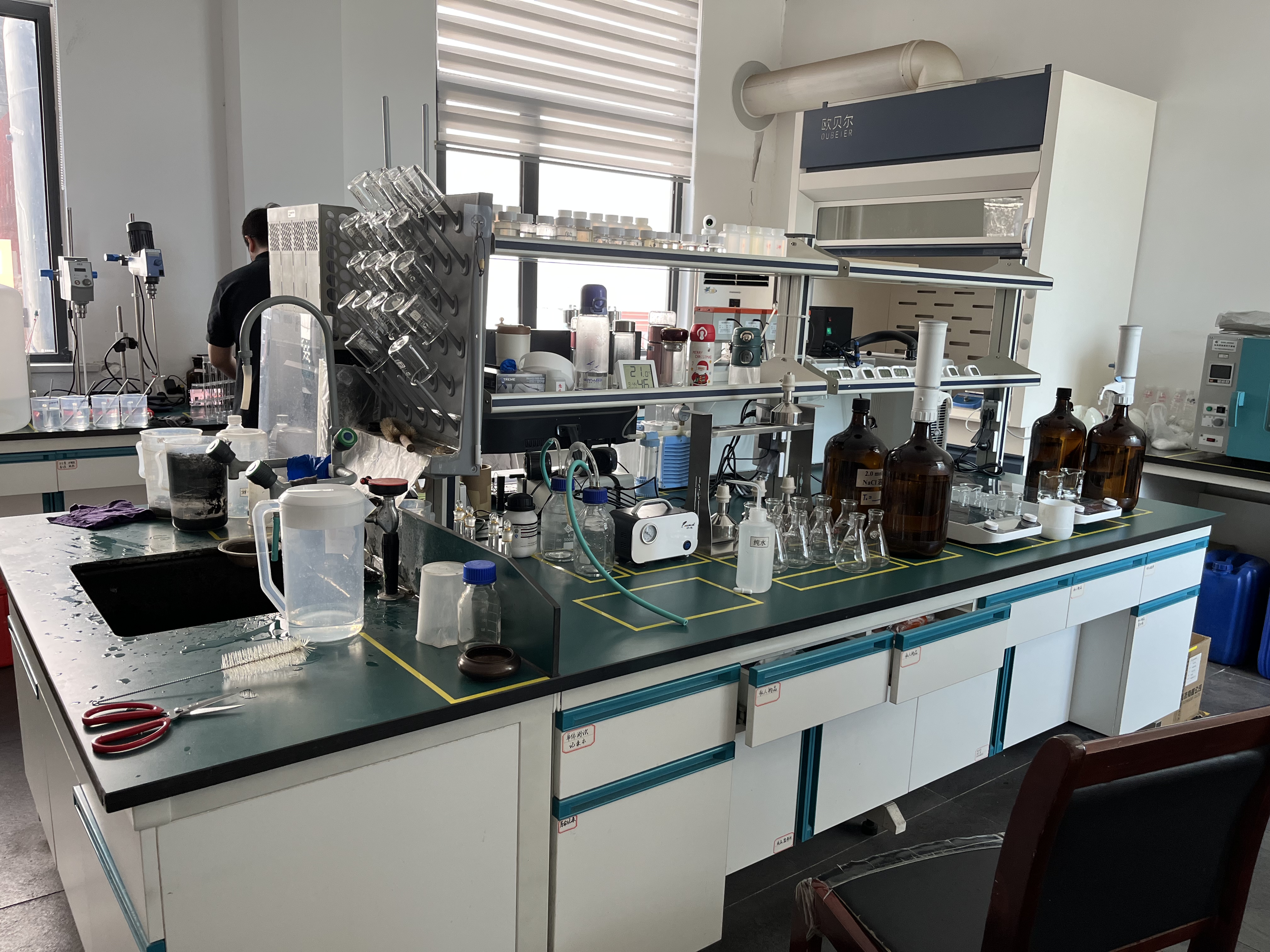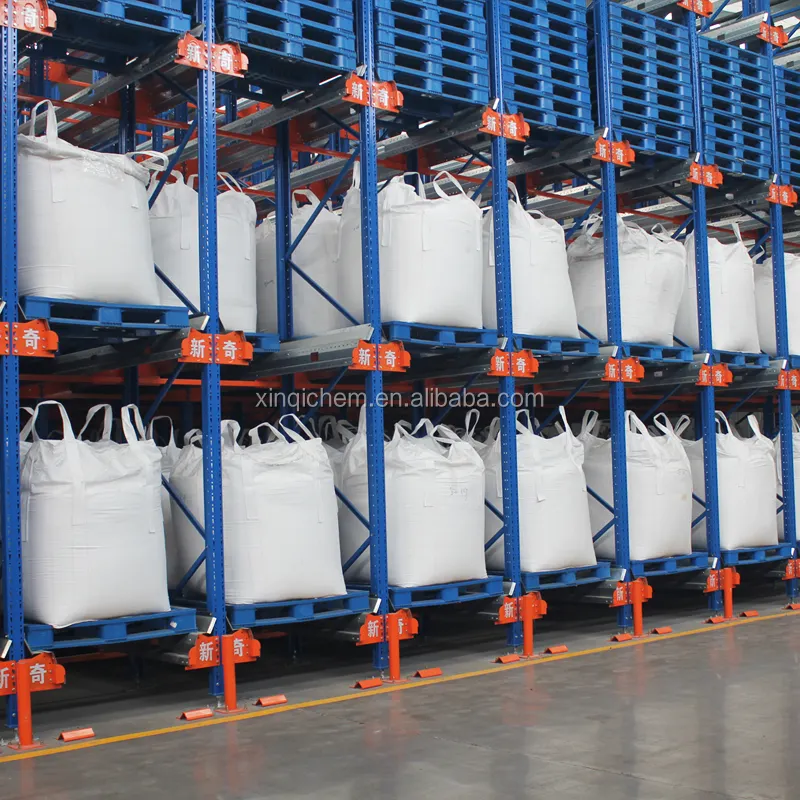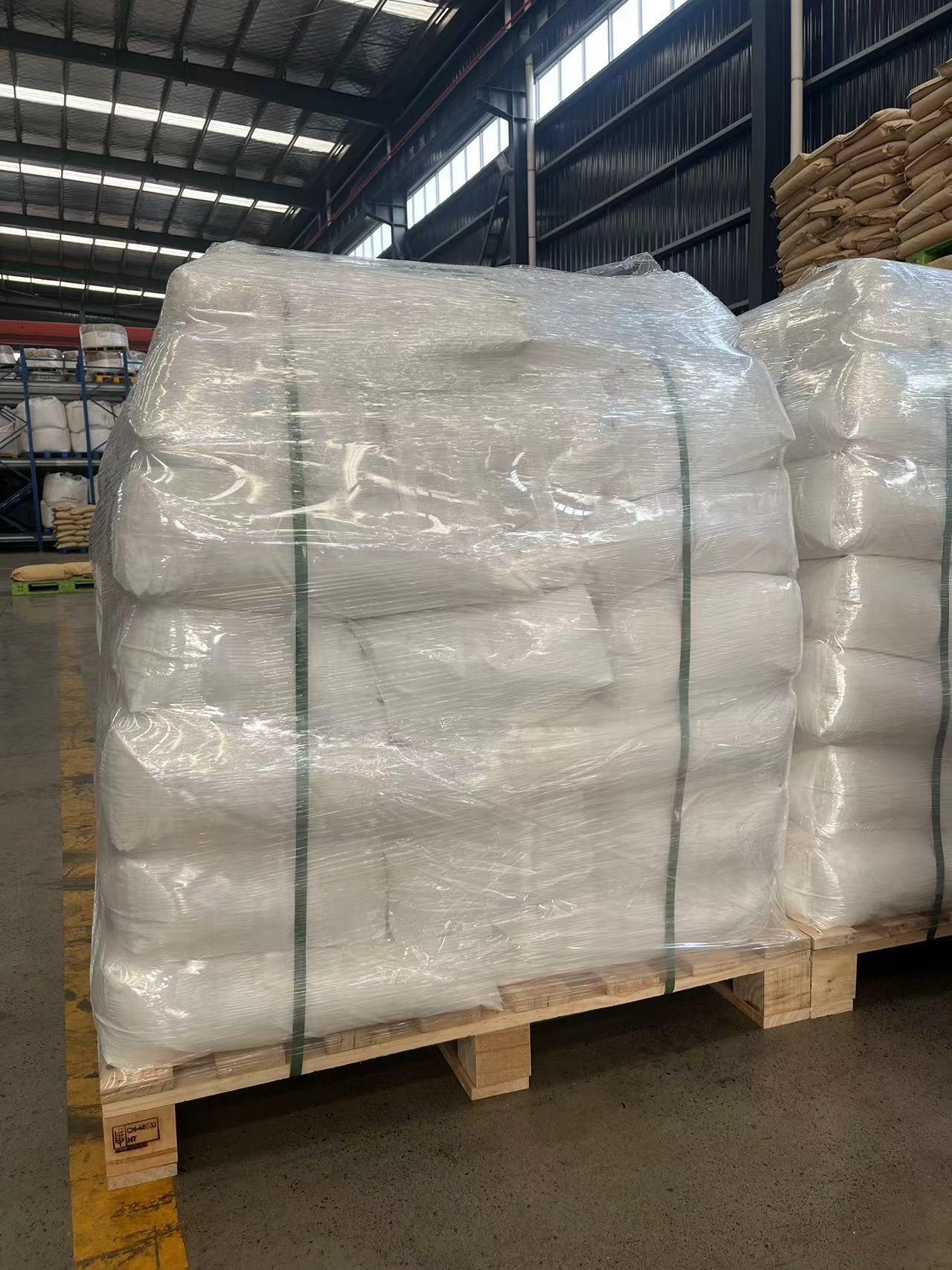Polyacrylamide PAM: The Ultimate Guide to its Applications and Benefits
What is Polyacrylamide PAM?
Polyacrylamide (PAM) is a versatile water-soluble polymer widely used in various industries. It is a synthetic polymer made from acrylamide subunits, and its unique properties make it a key ingredient in processes such as water treatment, soil conditioning, and more.

Applications of Polyacrylamide PAM
Polyacrylamide PAM is renowned for its diverse applications. Below are some of the major uses of PAM:
- Water Treatment: PAM acts as an effective flocculant, helping to remove impurities and suspended particles in water.
- Soil Erosion Control: It is used to stabilize soil, prevent erosion, and improve soil structure.
- Oil Recovery: In the oil and gas industry, PAM enhances the efficiency of oil recovery processes.
- Paper Manufacturing: It aids in improving paper quality and enhances the dewatering process.
Benefits of Using Polyacrylamide PAM
The use of Polyacrylamide PAM comes with numerous advantages, including:
- Effective Flocculation: PAM is highly efficient in aggregating suspended particles, making it ideal for water treatment processes.
- Eco-Friendly Solutions: By reducing soil erosion and improving water quality, PAM contributes to environmental sustainability.
- Cost Efficiency: Its effectiveness in small doses means that it provides significant cost savings in industrial applications.
- Versatility: PAM can be customized for various applications, making it a valuable tool across multiple industries.
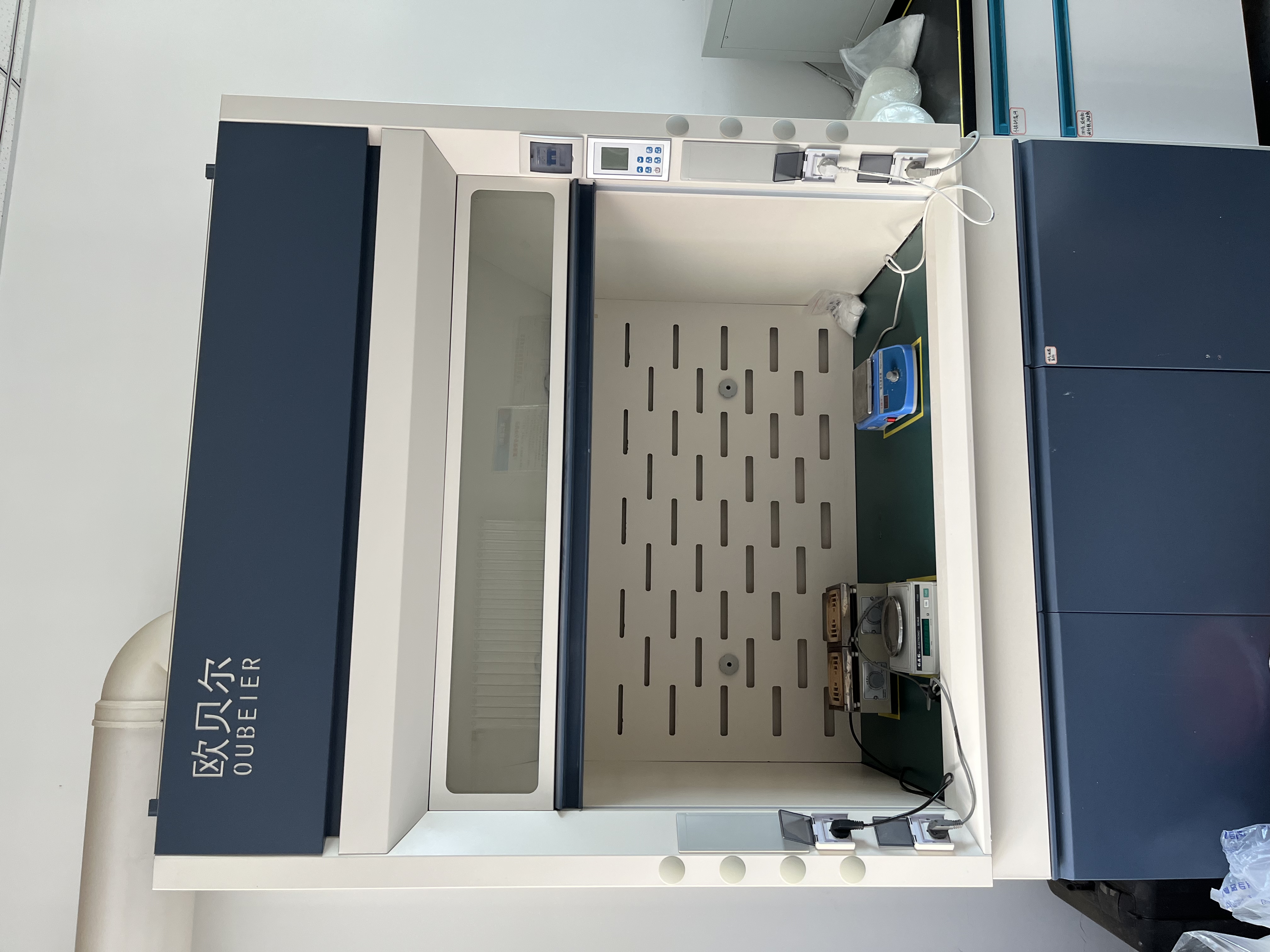
Why Choose Polyacrylamide PAM?
Polyacrylamide PAM is a game-changer for industries seeking efficiency, sustainability, and high performance. Its ability to adapt to a wide range of applications makes it a valuable asset for water treatment, agriculture, and beyond.
Whether you are looking to improve water quality, enhance soil stability, or optimize industrial processes, Polyacrylamide PAM is the solution you can trust.

